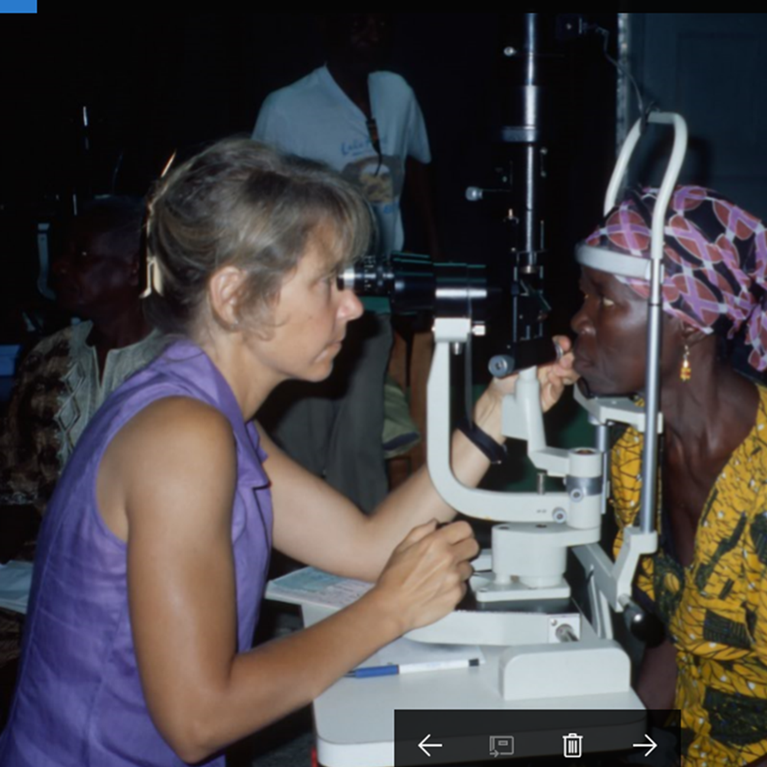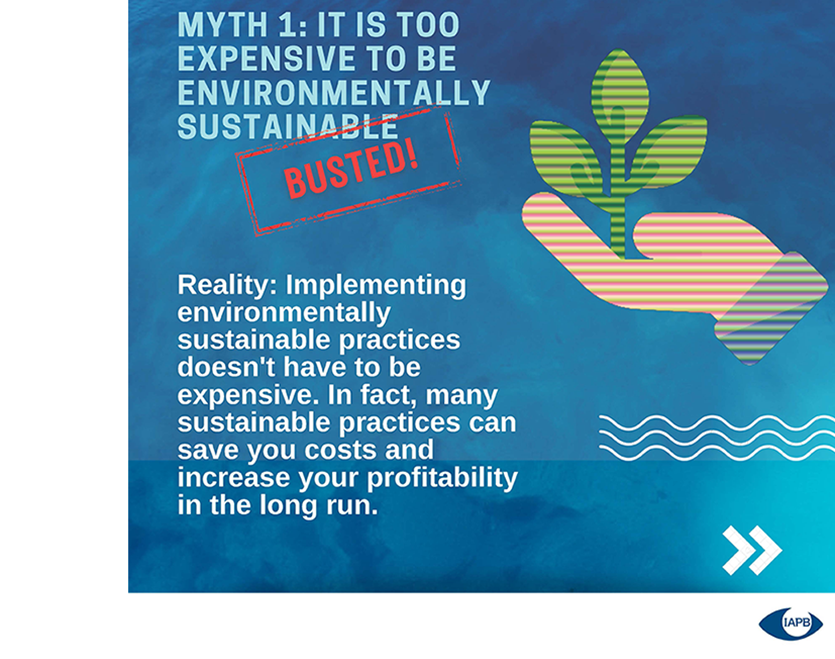

Sustainable Practices in LMICs
Climate change is the greatest global health threat of the 21st century, with the biggest effect on low- and middle-income countries. Eye conditions and healthcare delivery are being negatively affected. However, we have a great opportunity to not only adapt to but mitigate the problems. Gain a deeper understanding of how eyecare systems in developing countries can proactively reduce carbon emissions and teach the global north sustainable practices.
What's Important - Global Sustainability

IAPB Guide
The International Agency for the Prevention of Blindness (IAPB) is at the forefront in promoting climate action within eye health through its IAPB Climate Action Working Group (IAPB CAWG) and members.
This practical Guide was developed by the CAWG to support the eye health community to minimize the environmental impact of eye health services and support climate change resilience.
A Model for Low-Carbon Eye Care in the Race to Zero
Healthcare is a significant contributor to climate change. Rengaraj Venkatesh, MD, talks about Aravind Eye Care System's low-carbon model in India: alternate energy sources, transport, infrastructure, equipment maintenance, and more.
Carbon Footprint of Cataract Surgery: India and UK
Aravind Eye Care System in India has created an effective and efficient model for cataract surgery, which reuses nearly all of its surgical materials rather than relying on single-use disposables. Previous studies show that their surgical outcomes are better than the UK's, on a variety of metrics.
Design Principles for Green Hospitals
Architect Israel Gnararaj presents ideas for delivering "care that also takes care of the environment" through green hospitals. Constructing hospitals requires significant resources and energy consumption, so a conscious approach—from construction through the building's life cycle—can have a major impact on the environment.
Alternative Energy Sources for Healthcare
Aditi Modi, global project manager from SELCO Foundation, discusses how healthcare providers can look to alternative clean energy to be more environmentally friendly.
Orbis Green Vision Centers
Orbis has created women-led green vision centers—a network of community-based eye care centers that ensure all people have access to the eye care they need to thrive. The centers are solar-powered, and staff utilize electric mopeds to conduct outreach services nearby. Since many centers are in regions with frequent power outages, this sustainable approach ensures that eye care is consistently available.
Orbis Green Vision Centers, spread across India, are powered by solar energy and enable access to eye health services in a way that is energy-efficient and environmentally friendly. These Green Vision Centers have expanded access to primary eye care services in rural communities where a continuous supply of electricity or the use of diesel-powered generators may be a challenge.

Climate Action and Eye Care Myths: Busted
The International Agency for the Prevention of Blindness (IAPB) is at the forefront in promoting climate action within eye health through its IAPB Climate Action Working Group (IAPB CAWG) and members. This practical Guide was developed by the CAWG to support the eye health community to minimize the environmental impact of eye health services and support climate change resilience.